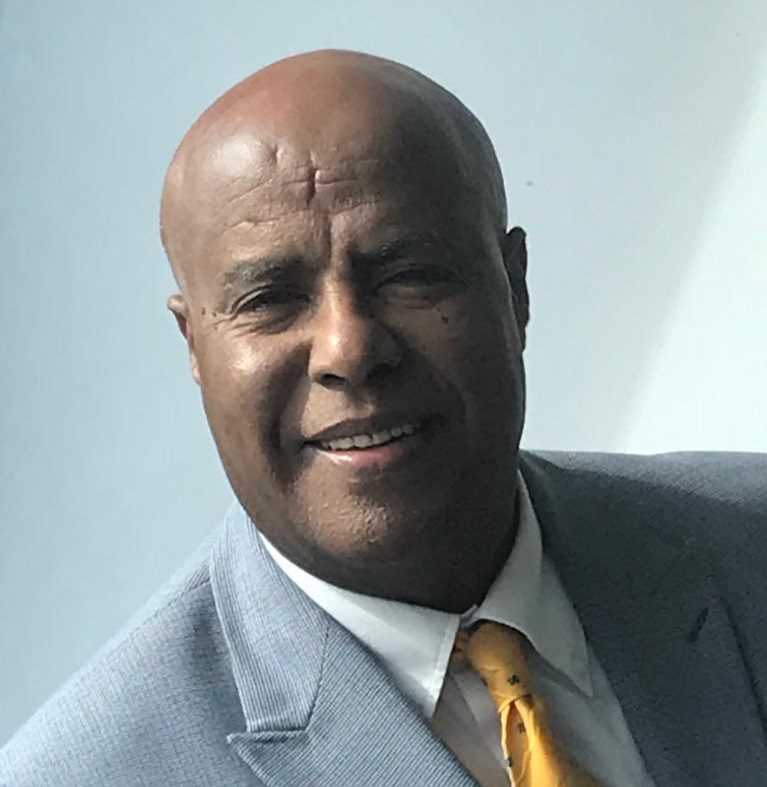
Our Director Tesfu Gessesse was asked to write for Concept Journal about The Welcoming’s work, his personal background, and the issues faced by refugees around the world.
In his article, Tesfu reflects on the UN Security Council’s involvement (or lack of) in the current wars in Yemen, Myanmar, Ethiopia and Ukraine.
Tesfu provides particular insight into the war in Ethiopia, his place of birth. He escaped the country in 1982 and lived as a refugee in Sudan before moving to the UK in 1986. Many of his family members continue to live in Ethiopia where the situation remains unstable.
Below is an excerpt from the article. You can read the full article on Concept Journal.
Why do people flee their country?
People leave their country of origin when faced with religious, ethnic and political persecution, war or natural disaster. However, in my view, inequality is the common denominator for the majority of human displacement.
The world’s poor and marginalised are the most at risk of displacement and the most likely to seek asylum in other countries. Many are educated, skilled and in some cases wealthy, but still fall victim to persecution in their home countries.
The social breakdown caused by inequality can also lead to war, which in turn leads to people fleeing their country.
“In 1982, there were about 7 million refugees in the world. According to the UNHCR, there were 26.9 million refugees and 84 million forcibly displaced people in 2021.”
The war in Darfur was the world’s reminder that genocide was still possible in the 21st century, even after promises from world leaders to learn from the massacres in the former Yugoslavia in 1991 and Rwanda in 1994. The death toll in Darfur was estimated to be 300,000, and almost 3 million people have been forced to flee their homes.
When I left Ethiopia and became a refugee in Sudan in 1982, there were about 7 million refugees in the world.
According to the UNHCR (United Nations High Commission for Refugees, there were 26.9 million refugees and 84 million forcibly displaced people in 2021. [1] 35 million of these are children under the age of 18. The same report also stated that from 2018-2020 between 290,000 and 340,000 children were born as refugees per annum. [2]
Invasion of Ukraine
Before Ukraine declared itself an independent country on 24th August 1991, the United States and its European allies wanted to separate Ukraine from the Soviet orbit and incorporate it into the West and make it a member of NATO. Russia saw the incorporation of Georgia and Ukraine into NATO as a threat to its sovereignty and security.
In his response to the 2008 Bucharest Declaration, Russia’s Minister of Foreign Affairs Sergey Viktorovich Lavrov said, ‘Georgia’s and Ukraine’s membership in the NATO alliance is a huge strategic mistake which will have most serious consequences for pan-European security’.
The invasion of Ukraine on 22nd February 2022 has been brewing since 2008, and so far, 1.2 million people have fled to neighbouring countries. The UNSC has done little to challenge Russia on its war on Ukraine – of which Russia is a permanent member with veto power- while Ukrainians continue to suffer.
The crisis in Ukraine has also exposed the UNSC’s fragility as Russia vetoed a resolution that would have demanded that Moscow immediately stop its attack on Ukraine and withdraw all troops. [3]
There has been a uniquely positive response from Europe to the crisis. People in the UK have fundraised to help Ukrainians, and donors have asked charities how they can help newly-arriving Ukrainians. I did not see this level of response during the Libyan, Syrian or recent Afghanistan crisis. As reported in the Guardian, ‘Europe has discovered compassion for refugees- but if they are white.‘ [4]
What can we do to help?
If the fight against inequality is going to be won, and we want to have a stable world, more work needs to be done to mobilise the victims of discrimination and support those who are forced to leave their country.
As Charles Alphin, argues ‘there is no easy route to change. You cannot take the lift, and you have to take the stairs‘ [5].
Advocacy, campaigning and public mobilisation should not be left to trade unions or campaigning agencies. We can all effect change, and the power of the people is stronger than the people in power!
Support The Welcoming (LocalGiving)
Fight for Change (Refugee Action)
References
[1] https://www.unhcr.org/uk/figures-at-a-glance.html
[2] https://www.unhcr.org/refugee-statistics/
[3] https://news.un.org/en/story/2022/02/1112802
[5] Ben Phillips, how to fight inequality, pp110.
